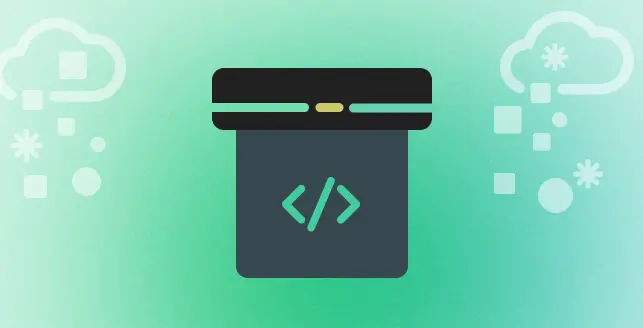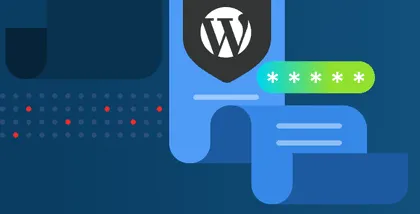
“Local File Inclusion” (LFI) refers to a type of vulnerability in web applications where an attacker can exploit it to include files located on the server.
Odoo is an open-source suite of business applications including CRM, e-commerce, accounting, inventory, and project management, among others.
Odoo 12.0, being a complex web application, may have been susceptible to such vulnerabilities, where an attacker could manipulate input parameters to include local files that should not be accessible, leading to unauthorized access or execution of arbitrary code on the server.
In this blog we will look at the impacts of Odoo 12.0- Local File Inclusion vulnerability and its prevention.
What are the impacts of Local File Inclusion (LFI) vulnerability in Odoo 12.0?
The impacts of a Local File Inclusion (LFI) vulnerability in Odoo 12.0 can be significant and varied. Here are some potential impacts:
1. Unauthorized data disclosure
Attackers could access sensitive files on the server, such as configuration files, user credentials, or other proprietary information. This could lead to data breaches and compromise the confidentiality of sensitive data.
2. Execution of arbitrary code
Depending on the severity of the LFI vulnerability, attackers might be able to execute arbitrary code on the server. This could lead to a complete compromise of the system, allowing attackers to take control of the server, install backdoors, or perform other malicious activities.
3. Denial of Service (DoS)
Attackers could exploit the vulnerability to access system files or perform operations that consume excessive server resources, leading to a denial of service for legitimate users.
4. Elevation of privileges
In some cases, LFI vulnerabilities might be leveraged to escalate privileges, allowing attackers to gain elevated access rights on the server or within the application.
5. Reputation damage
A successful attack exploiting an LFI vulnerability can damage the reputation of the affected organization, leading to loss of trust from customers, partners, and stakeholders.
6. Legal and compliance issues
Depending on the nature of the data compromised, organizations may face legal repercussions and regulatory fines for failing to protect sensitive information adequately.
7. Financial loss
Remediation efforts, legal fees, and potential financial losses resulting from data breaches or service disruptions can have a significant financial impact on the affected organization.
Overall, the impacts of an LFI vulnerability in Odoo 12.0 can be severe and wide-ranging, highlighting the importance of promptly addressing and mitigating such security risks.
How can you prevent Local File Inclusion in Odoo 12.0?
Preventing Local File Inclusion (LFI) vulnerabilities in Odoo 12.0, or any web application, involves implementing a combination of preventive measures and best practices.
Here are some steps you can take to mitigate the risk of LFI:
1. Input validation
Ensure that all user inputs, including parameters in URLs, form fields, and file uploads, are properly validated and sanitized. Reject any inputs that contain characters or patterns indicative of directory traversal or file inclusion attempts.
2. Output encoding
Encode output data properly before displaying it to users to prevent malicious content from being executed in the context of the application.
3. File system restrictions
Restrict the access permissions of files and directories on the server to ensure that sensitive files cannot be accessed directly by the web application.
4. Whitelisting
Maintain a whitelist of allowed file paths or directories and only include files that are explicitly allowed by the application.
5. Use framework security features
Leverage security features provided by the Odoo framework or any third-party security libraries to protect against common vulnerabilities, including LFI.
6. Regular security audits
Conduct regular security audits and code reviews to identify and address potential security vulnerabilities, including LFI, in the application codebase.
7. Keep software updated
Ensure that Odoo 12.0 and any third-party libraries or dependencies are kept up to date with the latest security patches and updates to mitigate known vulnerabilities.
8. Security headers
Implement security headers, such as Content Security Policy (CSP) and X-Content-Type-Options, to provide an additional layer of protection against various types of attacks, including LFI.
9. Web Application Firewall (WAF)
Consider deploying a WAF to monitor and filter incoming traffic to the web application, blocking requests that exhibit suspicious behavior indicative of LFI attempts.
10. Security training
Provide security training to developers, administrators, and other stakeholders involved in the development and maintenance of the Odoo application to raise awareness of common security threats and best practices for mitigating them.
By implementing these preventive measures and incorporating security into the development lifecycle of the Odoo application, you can significantly reduce the risk of Local File Inclusion vulnerabilities and enhance the overall security posture of the system.





